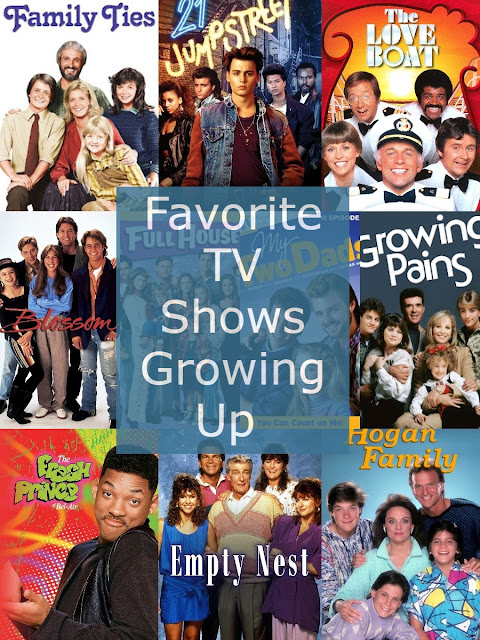Using the Olympics to Teach World Geography
With the Olympics in full swing and my kids watching many of the events (we have a DVR and record the Olympic coverage on NBC which then allows us to watch only the events and rather quickly too). These Olympics and my children's interest in them have provided the perfect opportunity to talk about all the different nations.
It has been the perfect introduction into world geography.
It has been the perfect introduction into world geography.
My kids are always interested in maps and geography. They enjoy learning about different cultures and we have decided to use our time studying the Olympics to build on that.
Here are a few ways to teach about the world when studying the Olympics:
1. Talk about the differences between continents, countries, and states.
Learning about new countries can get confusing for them at times.
We have the names of continents, broken down into names of countries, broken down into names of states, then counties, cities and towns.... that's a lot of names for elementary aged children to keep straight.
I can't tell you the number of times my kids have confused them all. Like the time I asked where France was only to be told "in Texas!" Again I explained that Texas is a state in our country and France is its own country.
I know it will take years before they all manage to keep even most of them straight (and by then they could change again! I was taught about the U.S.S.R in school so some of these countries are new to me!) But I figure any exposure I can give them adds to that knowledge they are building.
2. Look at all the flags! We love watching the opening & medal ceremonies the most because my kids truly enjoy seeing all the different flags.
The children are noticing the athletes colorful uniforms and the flags that are displayed next to each Olympians name (or in the case of swimming- right in the lane on the pool). I have a book on world flags I checked out from the library that explains why many of the nations have the colors or symbols that make up their flags. So when my children notice that Australia's flag have a mini Great Britain flag in the corner they are able to look up why that is that way.
We even put together a quick chart using tally marks to keep track of some of the boys favorite teams; using the flags as their symbols.
3. Eat your way around the world!
Over the last few days and continuing over the next few weeks I'm trying to plan meals that are from all around the world, or at least point out what countries our foods came from.
Last night we ate many Italian dishes including pizza, cheese ravioli, eggplant and chicken Parmesan and this morning I pointed out Italy as the boot on the world map. I explained Italy is part of Europe.
This morning we had crepes from France, also found in Europe, which we also found on the map.
Ian has already requested that we eat Taco's from Mexico and knew where Mexico was. But there were a few obstacles to overcome in planning my food unit. While many dishes cross several countries it's not always easy to pinpoint one country of origin. Also my boys are not real adventurous when it comes to food so I'm trying to plan meals they'll actually eat.
After researching many different children's around the world cookbooks here are a few other meals I have planned:
- Terriyaki chicken with fried rice from Japan
- Hummus and pita bread from Israel, Iran and Jordan
- Frittatas from Spain
- Maple chicken breasts from Canada
- Shish kabobs with rice and pita bread from Egypt
- British scones
- Banana pancakes from Jamaica
- Gingerbread waffles from Belgium
- Struesel coffee cake from Germany
Many of the everyday foods we eat come from around the world already since we live in such a diverse nation and every supermarket now has a ready supply of "ethnic" foods so I think this can be a lesson we'll be able to continue long after the Olympics are over.
4. Read books! While I could easily pull out books about all the different countries we decided to just focus on the host country and have surrounded ourselves with picture books about Britain.
5. Listen to snippets of foreign languages being spoken on the internet. We've talked about languages and the jobs of interpreters to help the athletes.
Mostly we've just enjoyed watching history in the making.







Comments
Post a Comment